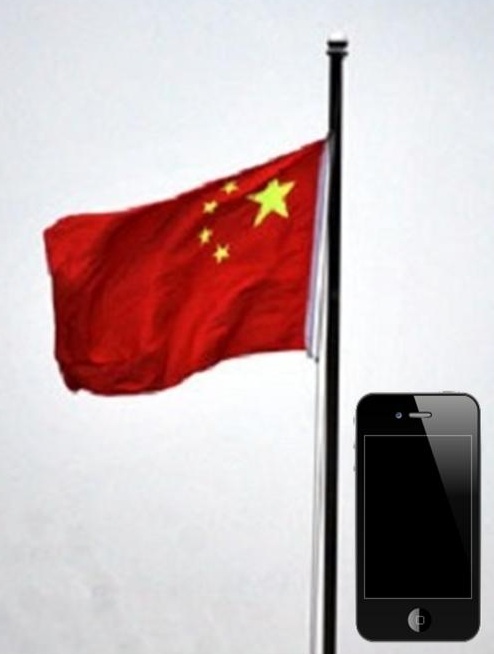The iPhone maker is responding to the popularity of audio books and digital services for reading aloud.
iTunes Spoken Editions is about to become the latest service launched by Apple. The service is designed to read news and magazine articles out loud, and will likely include mobile ads, too.
To start, it looks as though Time, Wired, Mic, Playboy and Forbs will be the first participating publishers.
The iTunes Spoken Editions platform will launch in early October. It will have many components that bring to mind the Audible Channels and Amazon Alexa, among others. This will make it possible for Apple users to listen to certain mainstream news publications without having to read the articles. Therefore, they will be able to hear the articles while they go about their day, whether they are completing various chores or commuting.
 It is for this same reason that audio books have taken off in popularity over the last few years. People are often choosing podcasts and audio books over magazine articles and printed books. When it comes to the news, they don’t often read more than the title as well as the first paragraph and possibly the last one.
It is for this same reason that audio books have taken off in popularity over the last few years. People are often choosing podcasts and audio books over magazine articles and printed books. When it comes to the news, they don’t often read more than the title as well as the first paragraph and possibly the last one.
The iTunes Spoken Editions will be read by a digital speech generator and not by actual human readers.
The news articles and other audio items won’t be read by narrators or journalists. Instead, Apple will be using a text-to –speech engine that is not unlike Alexa.
It is also likely that Apple won’t miss the opportunity to be able to include advertising into this new audio service. Just as SpokenLayer includes ads in its service, this new platform will likely do the same thing. Its goal is typically to help to make up for the rapidly declining revenue from the reduced print subscriptions and the falling readership.
Apple has yet to officially release the full details of its iTunes Spoken Editions platform. That said, it wouldn’t be impossible to believe that it would be able to achieve integration with other services as well. Some have speculated that this could potentially include Apple News and possibly even Apple TV.

 However, local mobile device companies have been placing a massive focus on their brand image efforts. This has allowed many of them to grow from the level of cheap basic phone to upmarket premium smartphone models.
However, local mobile device companies have been placing a massive focus on their brand image efforts. This has allowed many of them to grow from the level of cheap basic phone to upmarket premium smartphone models.